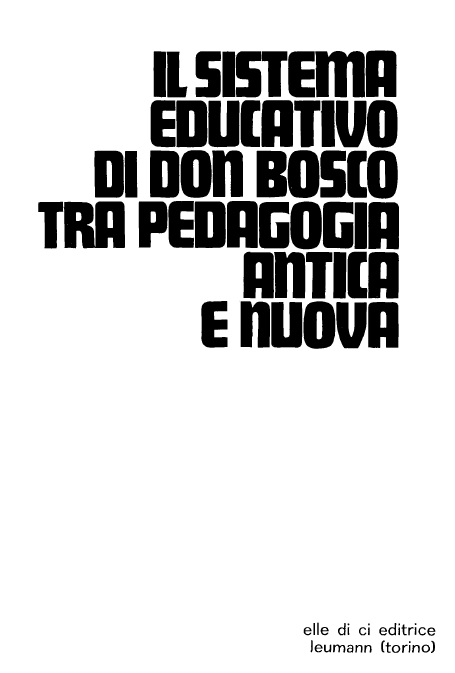La maggior parte degli articoli che segue tratta da vari aspetti l’urgenza di leggere, con gli occhi della fede e il filtro del vangelo, le sfide che la pastorale giovanile oggi deve incontrare. Come riusciamo a dare un nome a queste sfide, e il bisogno di offrire delle proposte profetiche.
Continue reading “Fabio Attard – Ripensare la Pastorale Giovanile”











